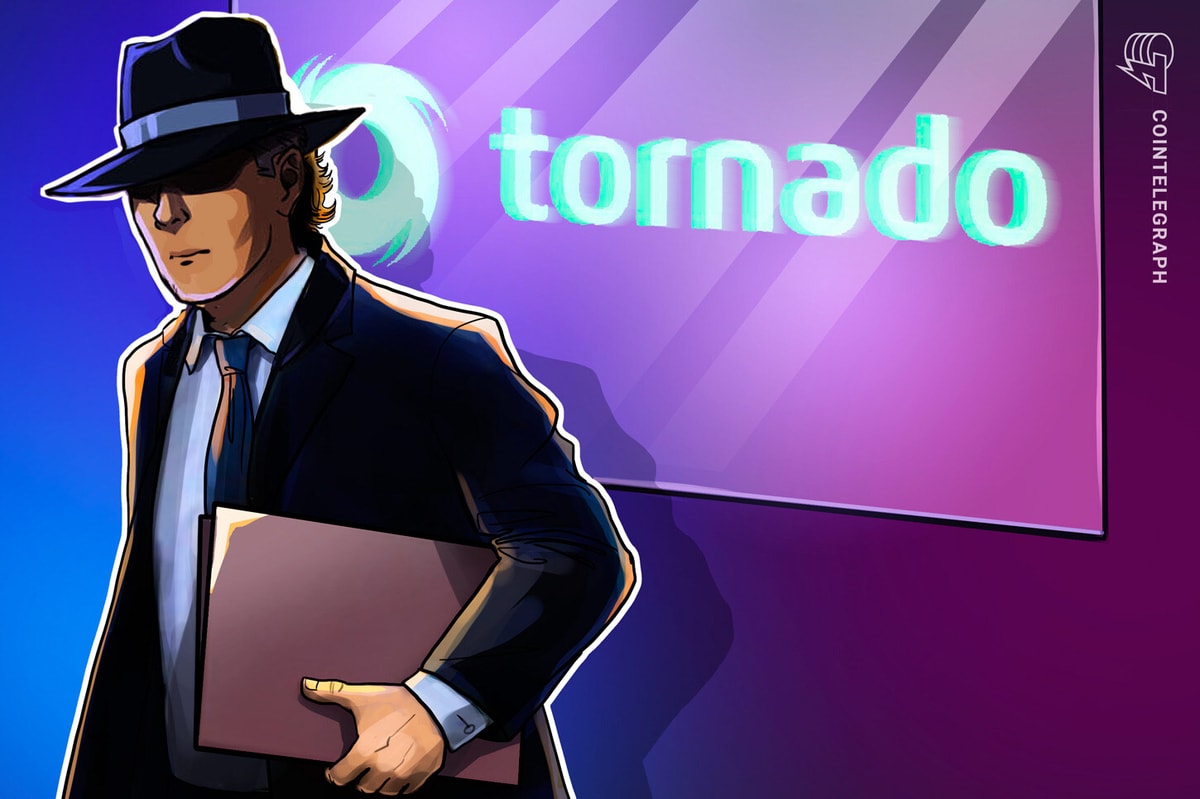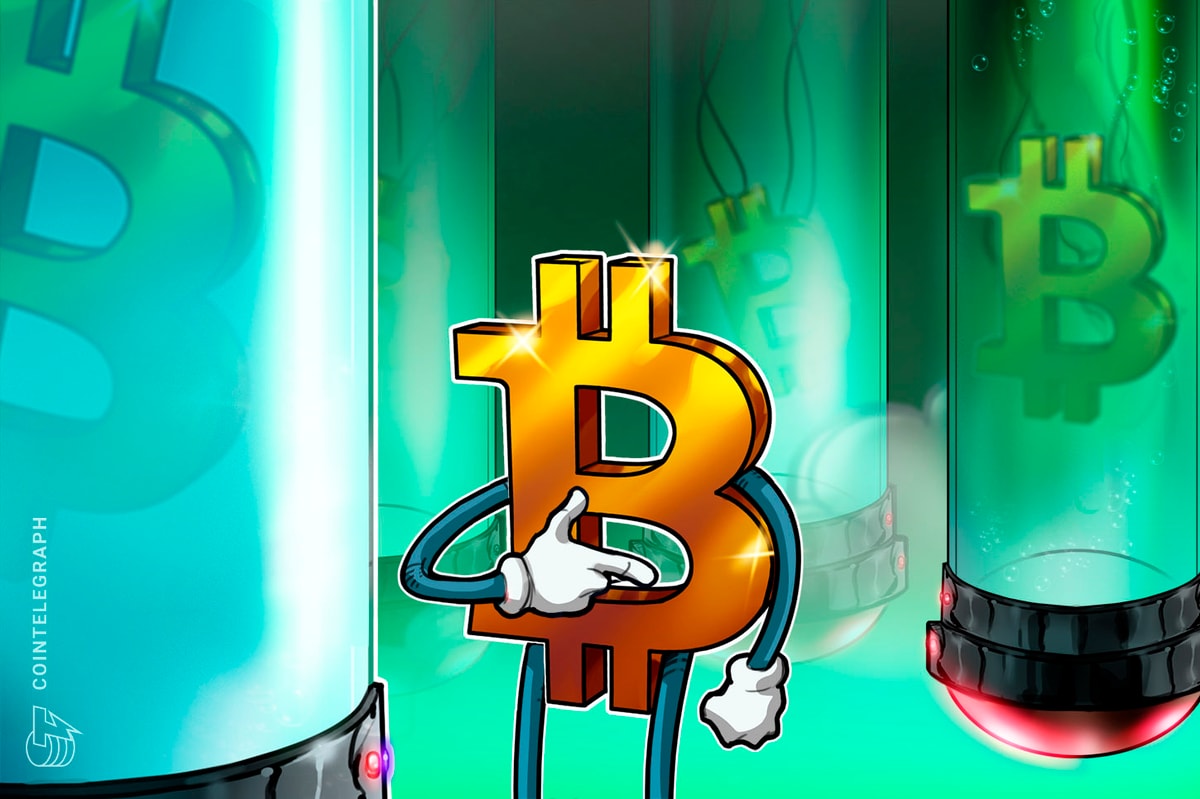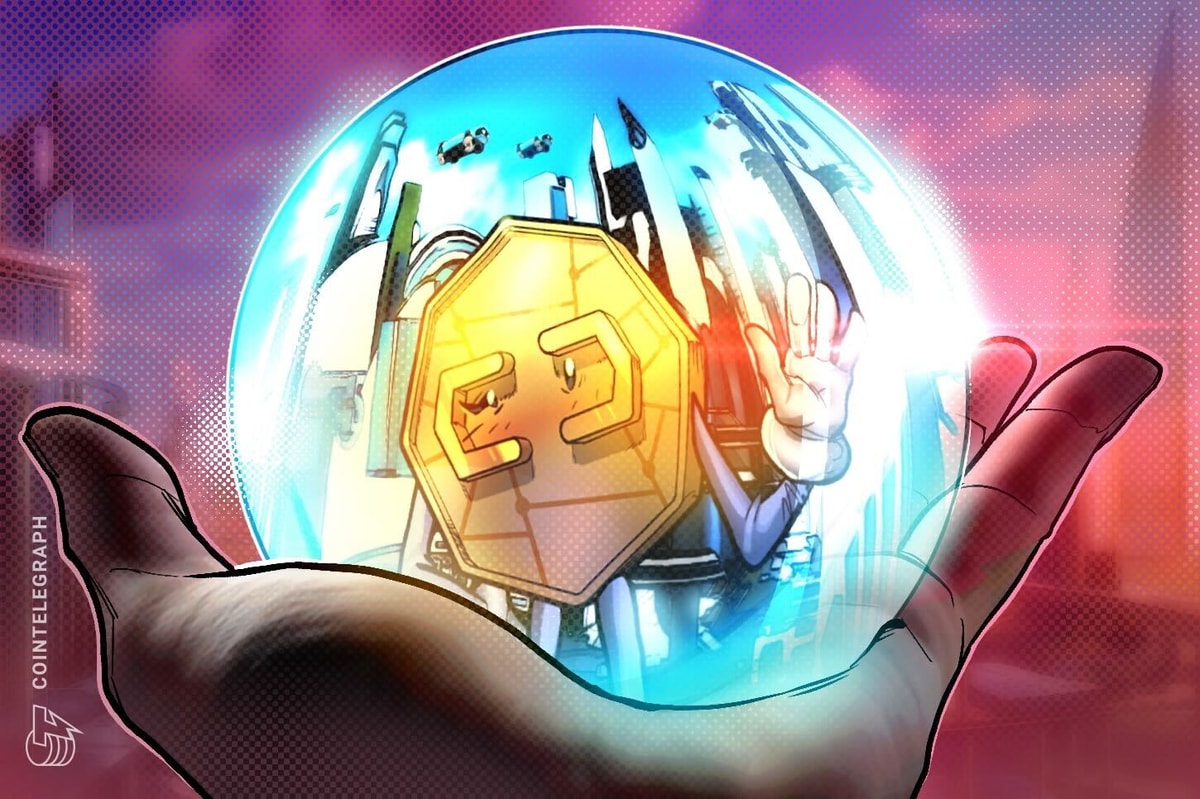Looking at Evan Luthra's success as a Forbes 30 under 30 entrepreneur with a portfolio of over 300+ investments, few would suspect his humble beginnings.
Evan's journey started at the age of 12 when he learned the ropes of the business world after his father's call center failed, leaving him access to 200 computers.
From there, the rest of the journey is history. Luthra is now being recognized for building and selling multiple companies — with products that have over one million users — all before reaching the age of 15.
Now regarded around the world as a blockchain expert and NFT enthusiast, Luthra joins the ranks as a believer in the metaverse, a virtual realm that organizations like Grayscale believe to be a trillion-dollar opportunity.
To uncover the value of the metaverse, and its impact on the world today, Rachel Wolfson, a senior reporter at Cointelegraph, sat down with Evan Luthra to discuss Web3, market sentiment, and the transition into the virtual realm.
1. Which metaverse companies are you most excited about?
Most of you have already heard about how Facebook is changing its name to Meta. Facebook owns WhatsApp and they own Instagram, arguably two of the most-used apps on the planet. Facebook works on the attention economy, meaning any money they make is by getting your attention. Now, why would the largest social media company in the world change its name to Meta if that wasn't where our attention would be in the future?
Most people think a metaverse is a virtual place, similar to the movie, Ready, Player, One. They're wrong. The metaverse is not a place; it's a moment in time. Like artificial intelligence, you have this idea of singularity. It's a moment in time when AI becomes smarter than humans. Therefore, the metaverse is a moment in time when our digital life is worth more to us than our physical life.
This is not an overnight change or an invention. It is a gradual change that's been happening for 20 years already. Every important part of our lives is going digital right now, from factories to laptops, boardrooms to Zoom calls. And friends? Before, it was your neighbors. Now, it is your followers on Twitter or Reddit. Looking at games, more kids play Fortnite than basketball and football combined. Identity filters are the new makeup. Stories are your personal billboard to broadcast to the world who you are.
Now, what matters more? What do you look like in real life or on Instagram, as everything goes digital?
2. How important are the differences between Web2 and Web3?
For background, Web1 was when there was a lot of content created that you could consume right then. Then there was Web2, where you could create content and publish blog articles or videos. Now, we are moving to Web3, where you can actually own your content too, so it's no longer a centralized entity.
As a result, the main difference we are seeing is that this is better for society, and it's better for the people when they actually own their content, their data, and their assets. Foundationally, this is a very big change in how things were being done in the past.
What's going to happen now is that most of the applications built on Web2, like social media, will see a Web3 version come up and take over market share. As I mentioned earlier, why do you think Facebook changed its name from Facebook to Meta? It is because they realize that these are the transitions happening right now.
3. As an investor, how do you determine which NFT projects are worth your time and energy?
At the end of the day, if your goal is to invest in something you like as an art, then obviously invest as much as you like.
But, if your goal is to invest in NFTs as an investment hoping that it goes up in price, there are a few things you need to look at, including how big the community is and if you think the community is strong enough that the flow of the price of the project will keep going up. Do you think there are more people interested in acquiring this project?
So there are a few things you look at. But ultimately, it is for you to decide what your goal is behind buying that NFT.
4. Any projects you're personally excited about?
I'm invested in over 300 projects just in the last year and many more over the last decade. However, the ones that excite me the most right now are Witly, Ayoken Labs, OneTo11, Zyena Labs and MetaMentorz.
5. What are your thoughts on the crypto market today?
I'm very bullish on crypto. I'm heavily invested, and as a full-time investor and entrepreneur in the space, my task is to grow this space forward and what I see is more and more of the smartest people in the world getting involved.
The market is doing well, and there are many people who probably were wondering when Bitcoin will cross $100,000. I can't tell you that, but I can tell you that the best way to predict the future is to go build it.
Disclaimer. Cointelegraph does not endorse any content or product on this page. While we aim at providing you with all important information that we could obtain, readers should do their own research before taking any actions related to the company and carry full responsibility for their decisions, nor can this article be considered as investment advice.











